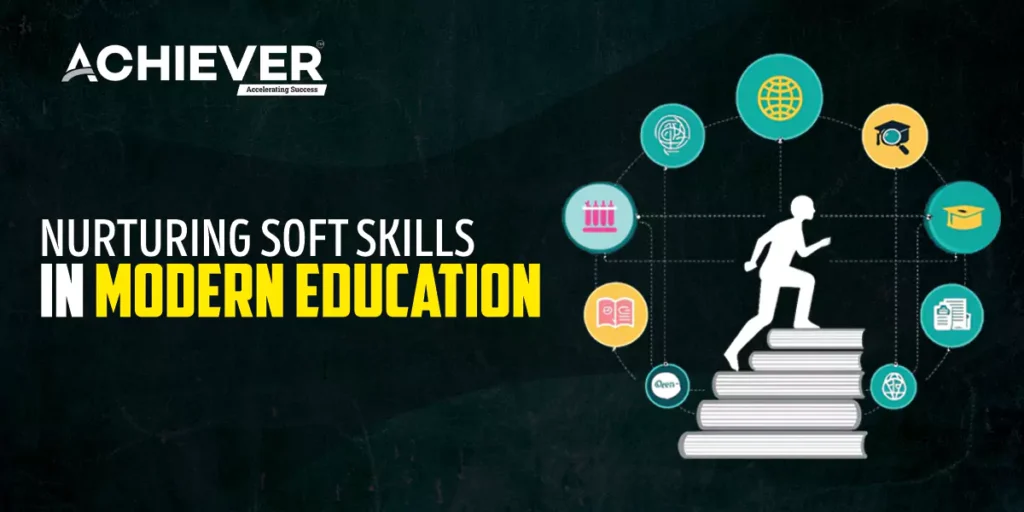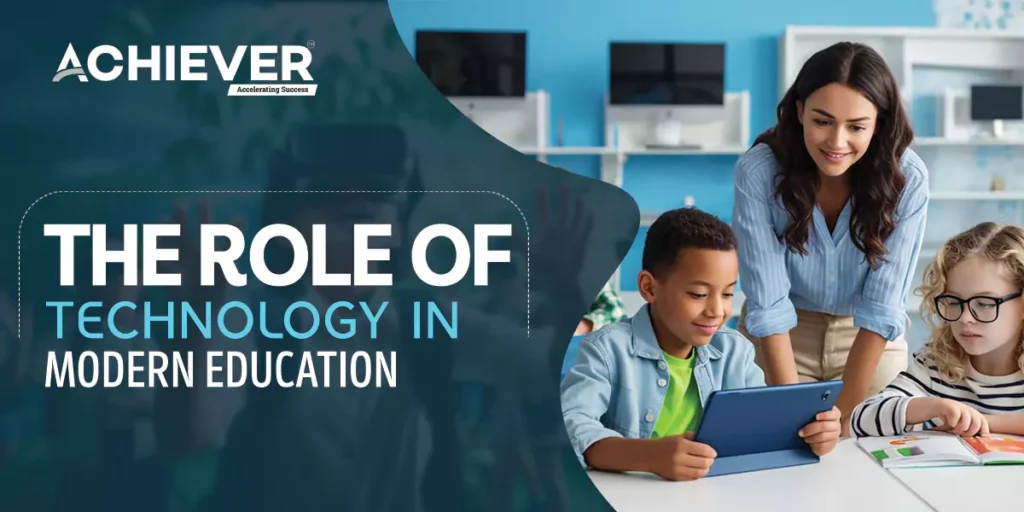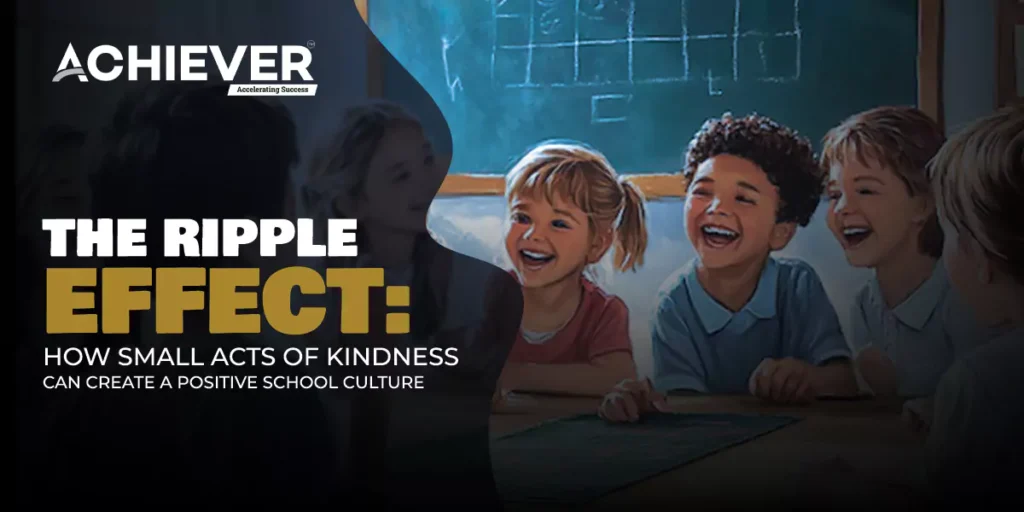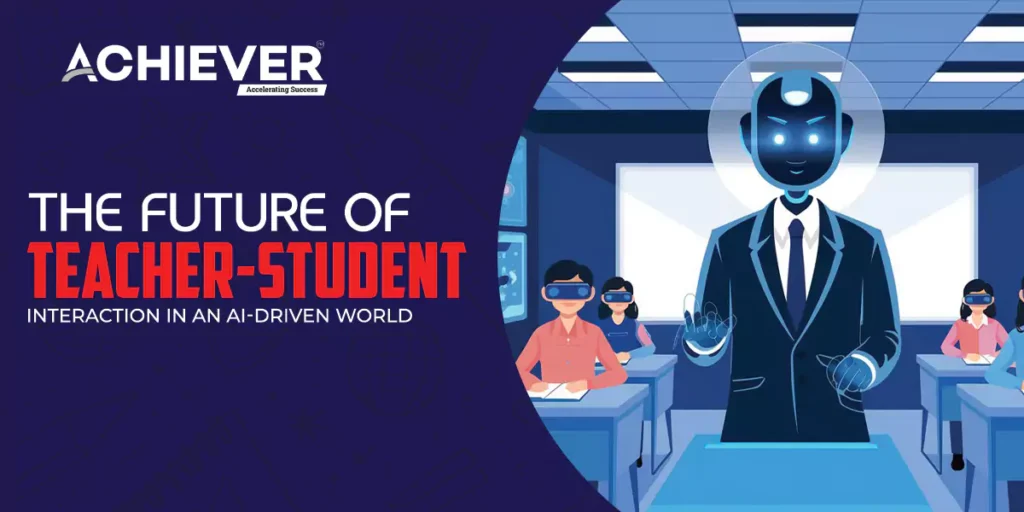In today’s fast-paced and ever-evolving world, education has extended beyond academic knowledge. While technical skills are essential, the importance of soft skills is increasingly being recognized as crucial for success in both professional and personal arenas. Soft skills, which include communication, teamwork, problem-solving, and emotional intelligence, are the competencies that enable individuals to interact effectively and harmoniously with others. Modern education systems are beginning to emphasize the development of these skills, as they are key to shaping well-rounded individuals who can adapt to the demands of a rapidly changing society.
The Shift Toward Soft Skills
In the past, education systems around the world were primarily focused on imparting academic knowledge and technical abilities. However, in the 21st century, the workforce and societal expectations have shifted dramatically. Employers are not just looking for candidates with impressive academic qualifications; they are seeking individuals who can collaborate, lead, and communicate effectively within diverse environments. This shift has placed a spotlight on the role of soft skills in modern education.
One of the key reasons for this shift is the increasing reliance on technology and automation in various industries. As machines take over routine and technical tasks, the demand for human qualities—such as empathy, critical thinking, and adaptability—has grown. These are qualities that cannot be easily replicated by artificial intelligence or machines, making them invaluable in the modern world. As a result, education systems are now tasked with finding ways to nurture these skills in students from an early age.
Key Soft Skills in Education
Among the many soft skills that are being integrated into modern educational curricula, a few stand out as particularly vital for student development:
- Communication Skills: Effective communication is at the heart of any successful relationship, whether personal or professional. It involves the ability to express thoughts clearly, listen actively, and engage in meaningful conversations. In education, students are increasingly encouraged to develop these skills through group discussions, presentations, and collaborative projects. By learning how to articulate their ideas and listen to others, students can become more effective communicators.
- Teamwork and Collaboration: In a globalized world, teamwork is essential. Whether working in a corporate setting or as part of a community project, individuals need to collaborate with others who may have different perspectives or skills. Educational institutions are placing greater emphasis on group work and collaborative assignments to prepare students for real-world environments where they will need to work effectively with others.
- Problem-Solving and Critical Thinking: The ability to analyze complex situations and come up with creative solutions is a highly sought-after skill in today’s workforce. Modern education encourages students to engage in problem-solving activities that challenge their thinking and push them to find innovative solutions. By fostering critical thinking, schools help students become more independent and capable of handling complex challenges in the future.
- Emotional Intelligence: Emotional intelligence (EI) is the ability to understand and manage one’s own emotions, as well as recognize and influence the emotions of others. This skill is crucial for effective leadership, conflict resolution, and building strong interpersonal relationships. Schools are now incorporating activities that help students develop EI, such as mindfulness exercises, group reflections, and emotional awareness discussions.
Integrating Soft Skills into Education
The integration of soft skills into education requires a shift in teaching methods and the learning environment. Traditional teaching, which often centers on rote memorization and individual performance, may not be enough to develop these skills. Instead, teachers are adopting more interactive and student-centered approaches that promote engagement and active learning.
For example, project-based learning is an effective method of teaching soft skills. In this approach, students work on real-world problems in teams, allowing them to practice collaboration, communication, and critical thinking. By simulating real-life scenarios, students can experience how these skills play out in practice, thus preparing them for future challenges.
Furthermore, extracurricular activities play a significant role in nurturing soft skills. Participation in sports, drama, debate clubs, and community service projects provides students with opportunities to work together, resolve conflicts, and lead initiatives. These experiences outside the classroom are invaluable in shaping students’ character and social skills.
The Role of Teachers and Educators
Teachers are central to the process of nurturing soft skills in students. They are not only responsible for imparting knowledge but also for creating a supportive environment where students feel encouraged to develop these essential skills. By modeling behaviors such as active listening, empathy, and collaboration, teachers can influence students to adopt similar practices.
Moreover, educators can provide constructive feedback that helps students understand their strengths and areas for improvement in soft skills. This personalized guidance is crucial for students to develop self-awareness and continue refining their abilities.
Conclusion
As we move further into the 21st century, the value of soft skills in education continues to grow. In a world where technical skills alone are no longer enough, the ability to communicate, collaborate, and think critically is paramount. By integrating soft skills into modern curricula and fostering a learning environment that promotes personal growth, education systems can equip students with the tools they need to thrive in both their professional and personal lives.
The challenge now lies in ensuring that schools continue to evolve and prioritize these skills, preparing students not just for exams, but for life beyond the classroom.




